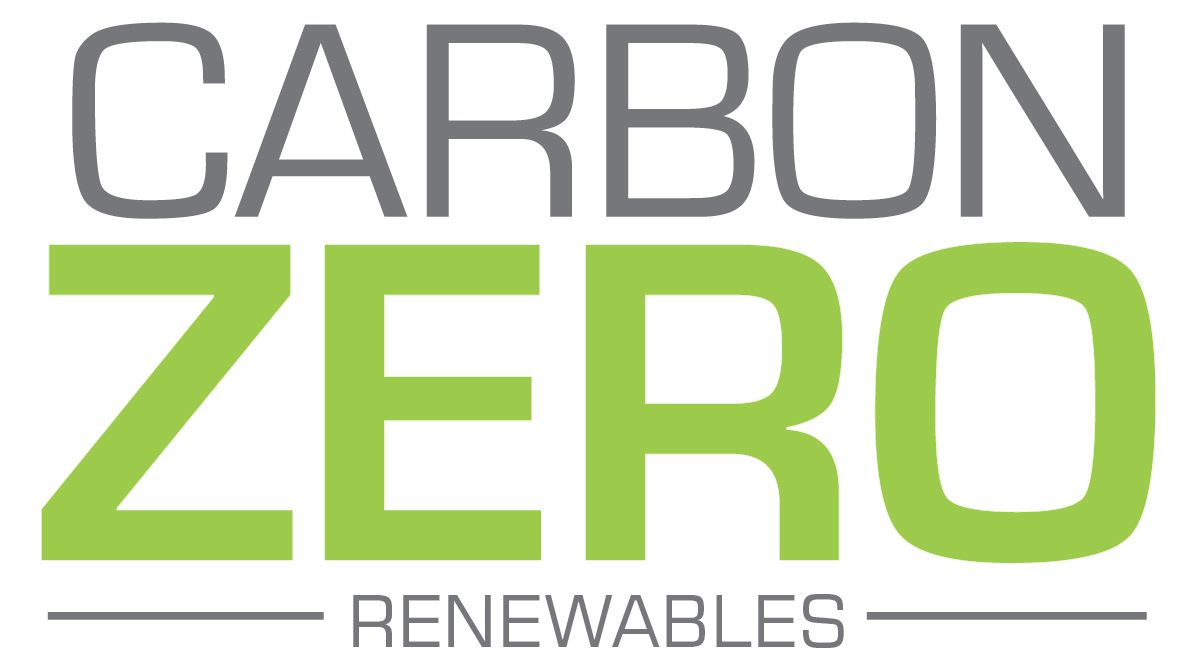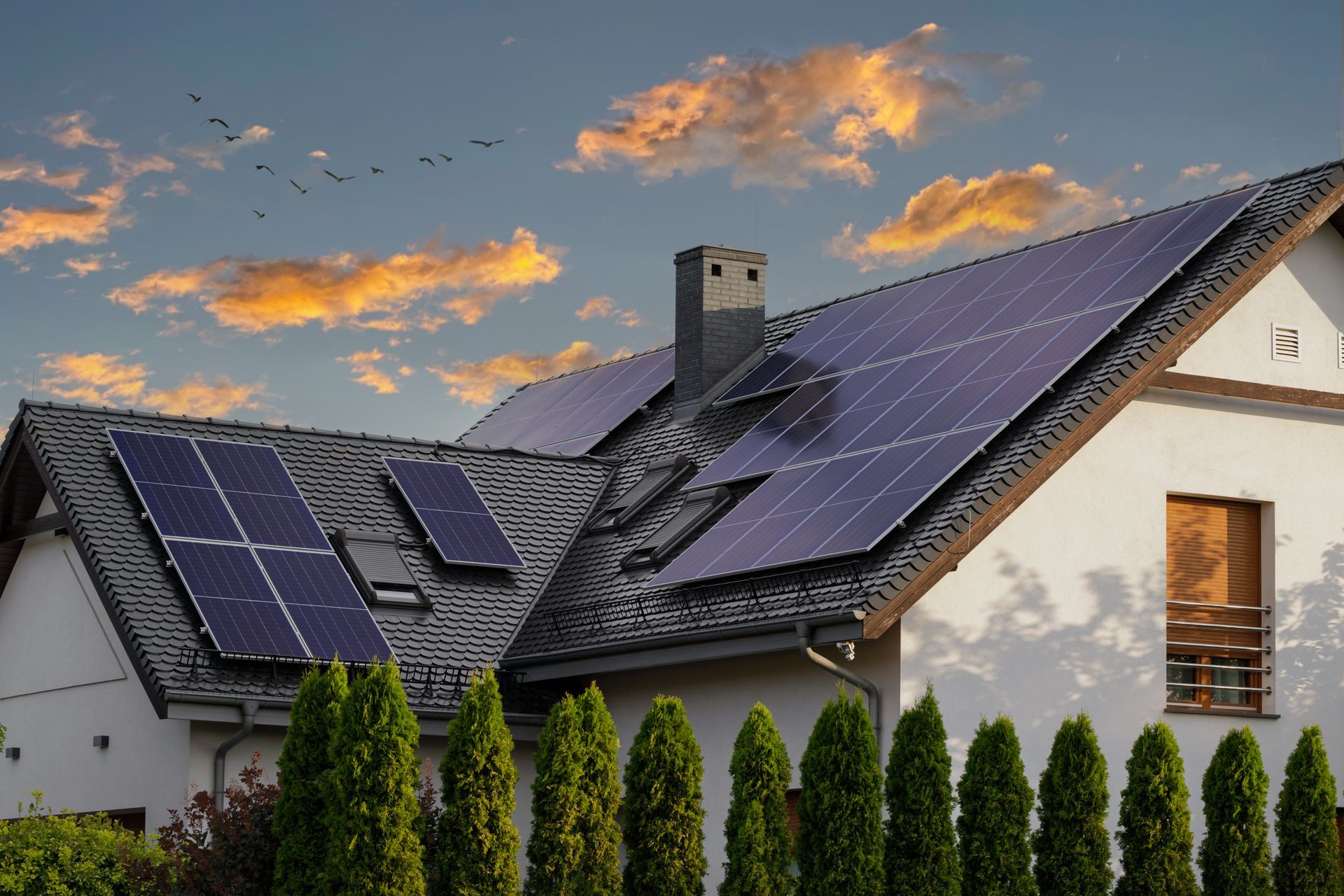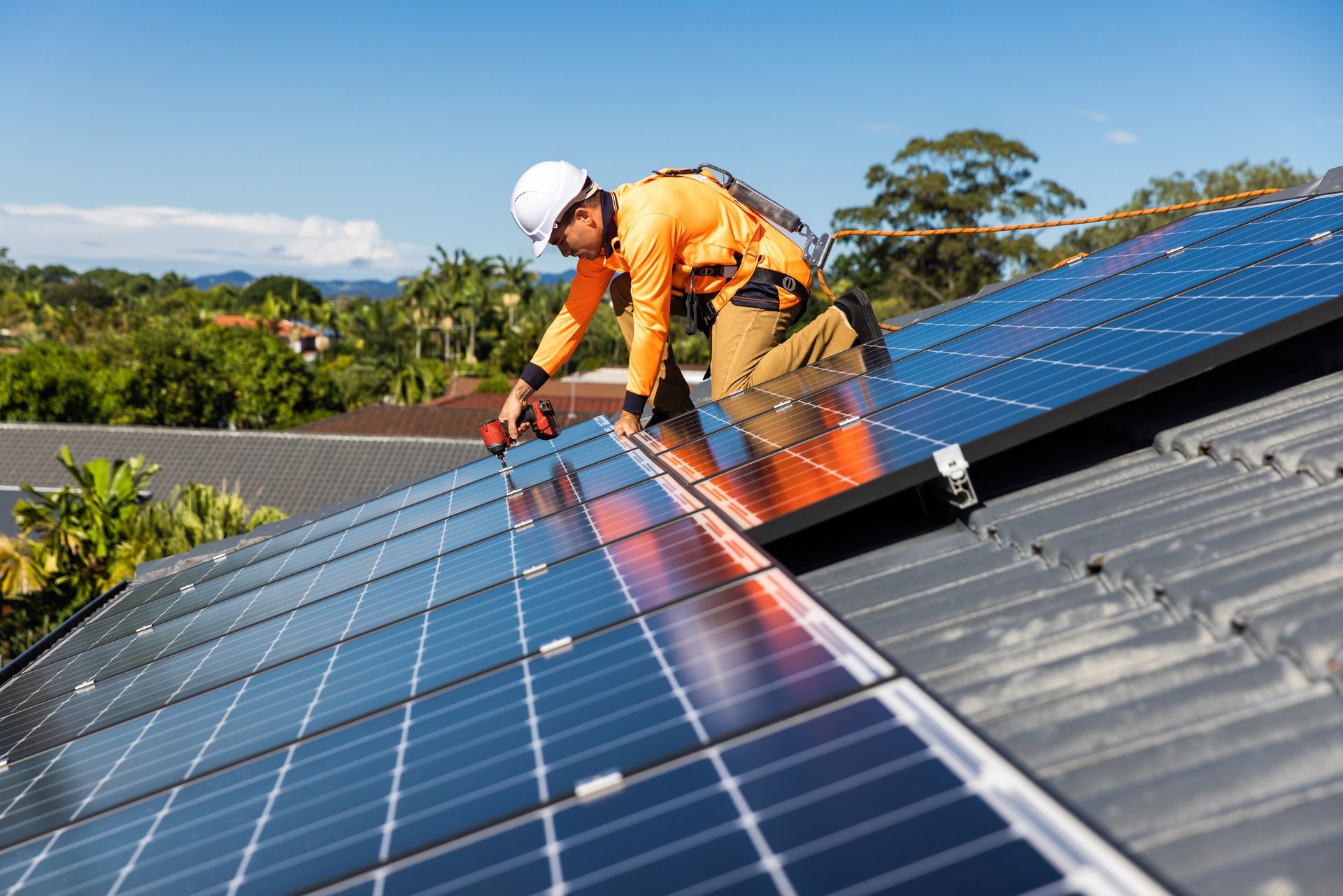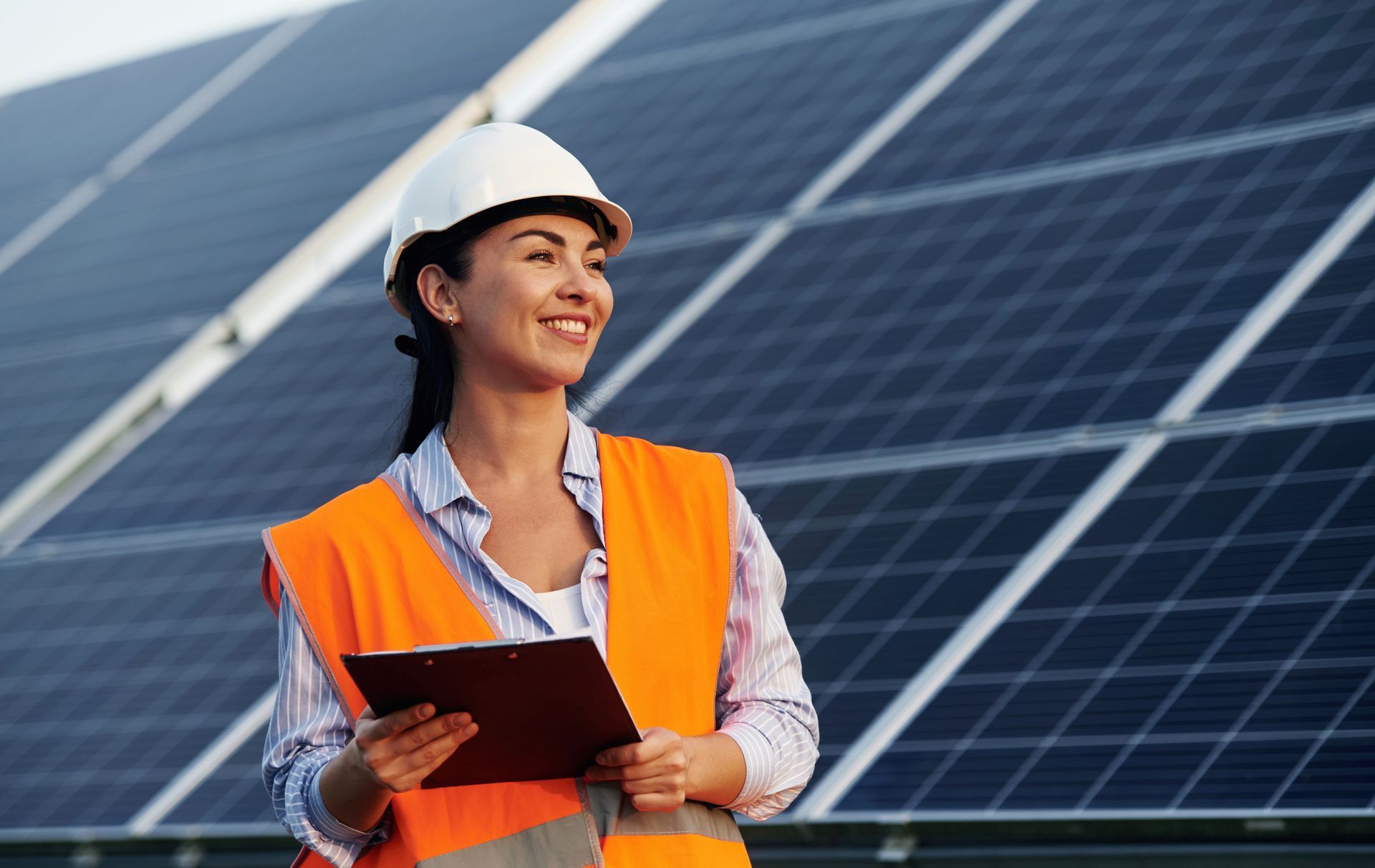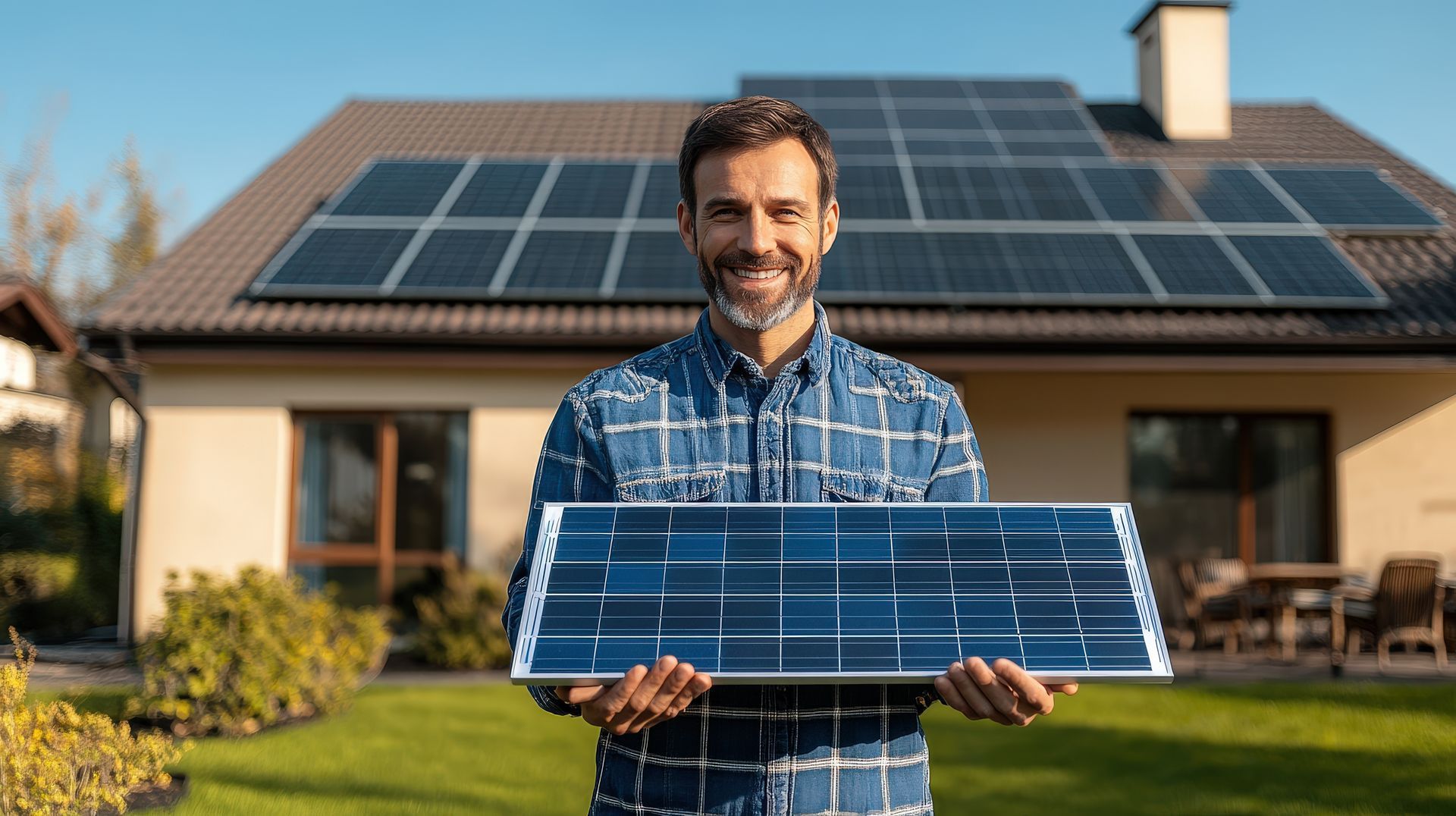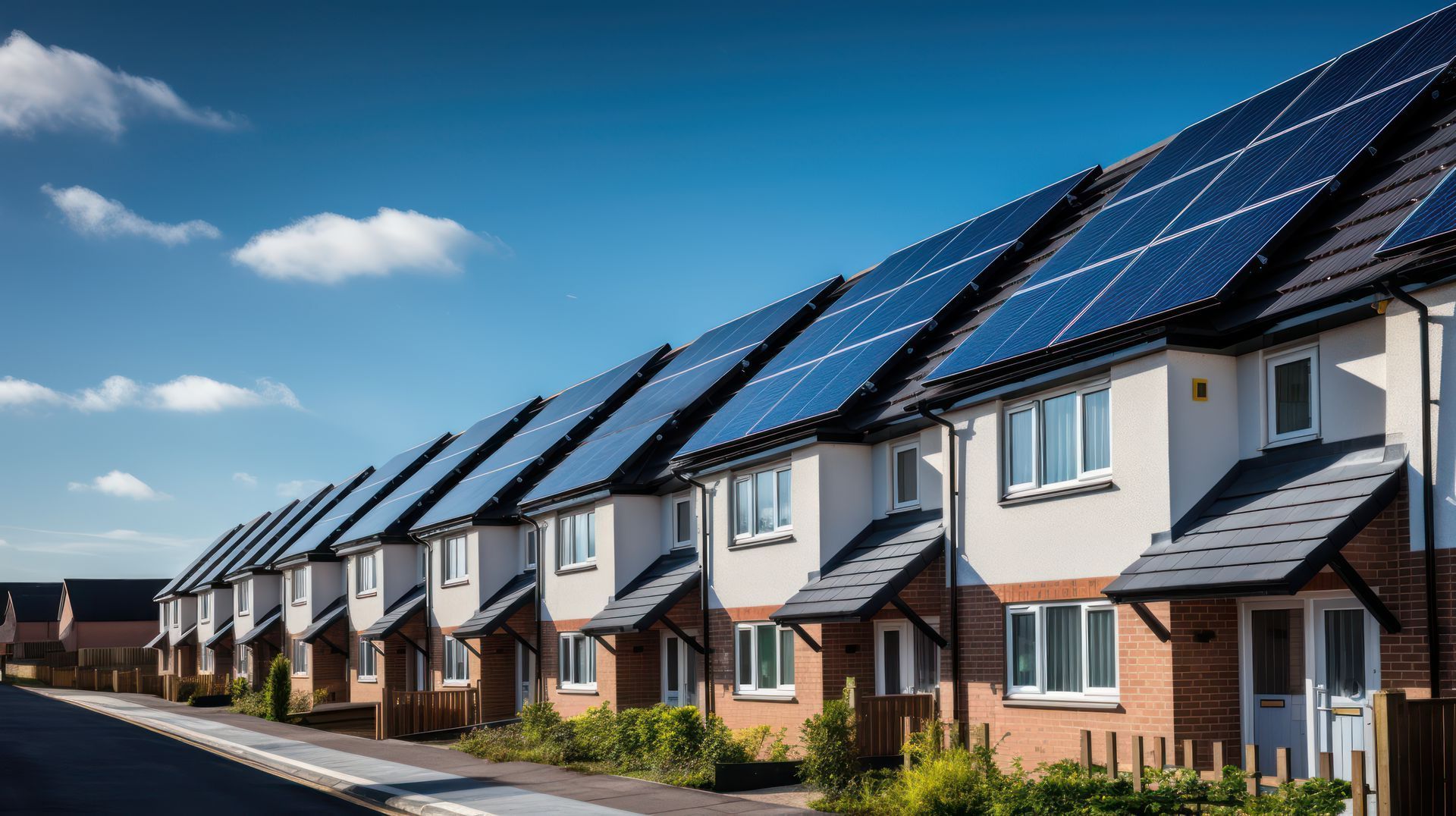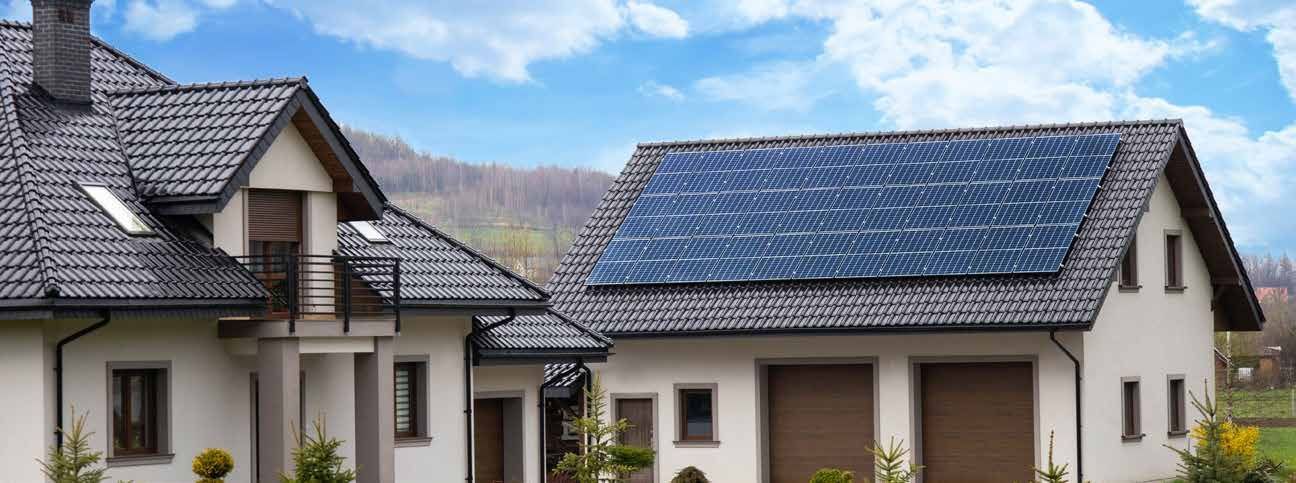Professional Installation Process
Once you approve your personalised quotation, our project management team schedules your installation at a time convenient for you. Our solar experts handle all necessary paperwork, including building regulations notifications, DNO (Distribution Network Operator) applications, and MCS certification.
Installation Journey:
- Pre-Installation Survey:
Final technical survey confirms all details before installation commences
- Professional Installation:
MCS-certified installers complete work to highest standards, typically within 1-3 days
- System Testing:
Comprehensive testing ensures optimal performance before handover
- Customer Handover:
Full system demonstration and explanation of monitoring and maintenance
- Documentation Pack:
Complete paperwork including warranties, certificates, and system specifications
- Ongoing Support:
Dedicated aftercare team available for any questions or assistance
Carbon Zero Renewables maintains exceptionally high standards throughout the installation process. Our teams work efficiently and respectfully, minimising disruption to your daily routine. We protect your property throughout the installation and leave your home or business clean and tidy upon completion. Our commitment to quality extends beyond installation, with comprehensive warranties and responsive customer support ensuring your complete satisfaction for years to come.
As trusted solar experts serving homes and businesses throughout the UK, Carbon Zero Renewables combines technical excellence, award-winning service, and genuine commitment to customer satisfaction. Whether you're taking your first steps toward energy independence or ready to transform your property with clean, renewable solar energy, our team is ready to guide you through every stage of your solar journey. Contact us today to discover how solar energy can benefit your home or business.

